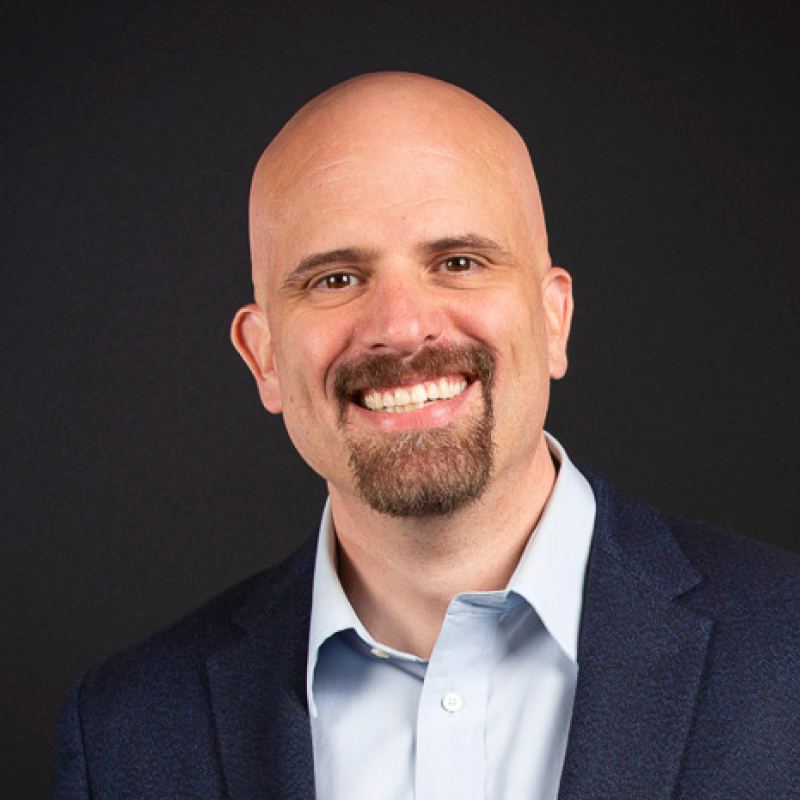ICLE White Paper Examines Competition in the Broadband Market
PORTLAND, Ore. (June 3, 2021) — As Congress continues to debate whether to appropriate up to $100 billion for broadband infrastructure as part of President Joe Biden’s American Jobs Plan, a new white paper from the International Center for Law & Economics (ICLE) finds widespread claims that the broadband market is uncompetitive lack empirical evidence.
Co-authored by ICLE President Geoffrey Manne, Director of Innovation Policy Kristian Stout, and Associate Director of Legal Research Ben Sperry, the paper challenges critiques that broadband markets are dominated by monopolies, finding that they err in assuming the number of competitors in a market is a good gauge of competitiveness. In fact, the multi-year, multi-billion-dollar investment plans broadband firms execute, amid constant pressure from alternative modes of Internet access, tell the story of a highly competitive, dynamic market.
“Even where concentration can be observed in broadband markets, there is scarce evidence it is correlated with negative outcomes, such as decreased productivity or increased quality-adjusted prices,” the authors write. They note that 95.6 percent of the population has access to at least 25/3 Mbps service. And when adjusted for cross-country differences—such as differences in purchasing power and individual income—the United States compares quite favorably to the rest of the OECD in broadband pricing.
While municipal broadband is a popular remedy to address the market’s purported lack of competitiveness, the paper finds that only a small number of municipalities are well-positioned to offer fiber, and there are dangers that government subsidies could actually diminish competition. The authors recommend any broadband subsidy programs focus on the 4.4 percent of consumers who currently lack any access to broadband.
Congress would better encourage broadband buildout by removing regulatory barriers to entry, the authors find, pointing to costly local pole-attachment requirements and rules that a recipient of rural broadband subsidies must be deemed an Eligible Telecommunications Carrier (ETC) by a relevant state regulator.
In addition to the full paper, ICLE also has published a short explainer by Stout and Sperry covering some of the key concepts relevant to broadband competition.
Media interested in interviewing or booking Geoffrey Manne to discuss broadband competition may reach him at [email protected] or (503) 780-8515; Kristian Stout is available at [email protected] or (732) 690-0375; Ben Sperry is available at [email protected] or (814) 724-5659.







